Mesenteric Vascular Disease
Expert treatment for intestinal blood vessel blockages and abdominal vascular conditions
Intestinal Blood Flow
Mesenteric vascular disease affects blood vessels supplying the stomach, liver, and intestines. Early diagnosis and treatment can prevent serious complications.
DR LUBOMYR LEMECH
MBBS (Hons), FRACS (Vascular), DDU (Vascular)
Treatment Options:
- Mesenteric bypass surgery
- Angioplasty and stenting
- Emergency acute care
Understanding Mesenteric Vascular Disease
The mesenteric vessels are the blood vessels that supply the stomach, liver and the small and large intestine. There are usually three mesenteric vessels – the celiac trunk, the superior mesenteric artery and the inferior mesenteric artery.
Severe narrowing of these blood vessels can result in symptoms, due to lack of blood supply. The narrowing is usually due to a disease process called atherosclerosis, which causes plaques of cholesterol to form in the walls of arteries.

Mesenteric Vascular System
Risk Factors
Risk factors for atherosclerosis that can lead to mesenteric vascular disease
Smoking
Smoking accelerates atherosclerosis in all arteries
Age
Risk increases with advancing age
High Blood Pressure
Hypertension damages arterial walls
High Cholesterol
Elevated cholesterol forms arterial plaques
Diabetes
Diabetes accelerates atherosclerosis
Symptoms
People with mesenteric vascular disease can have the following symptoms
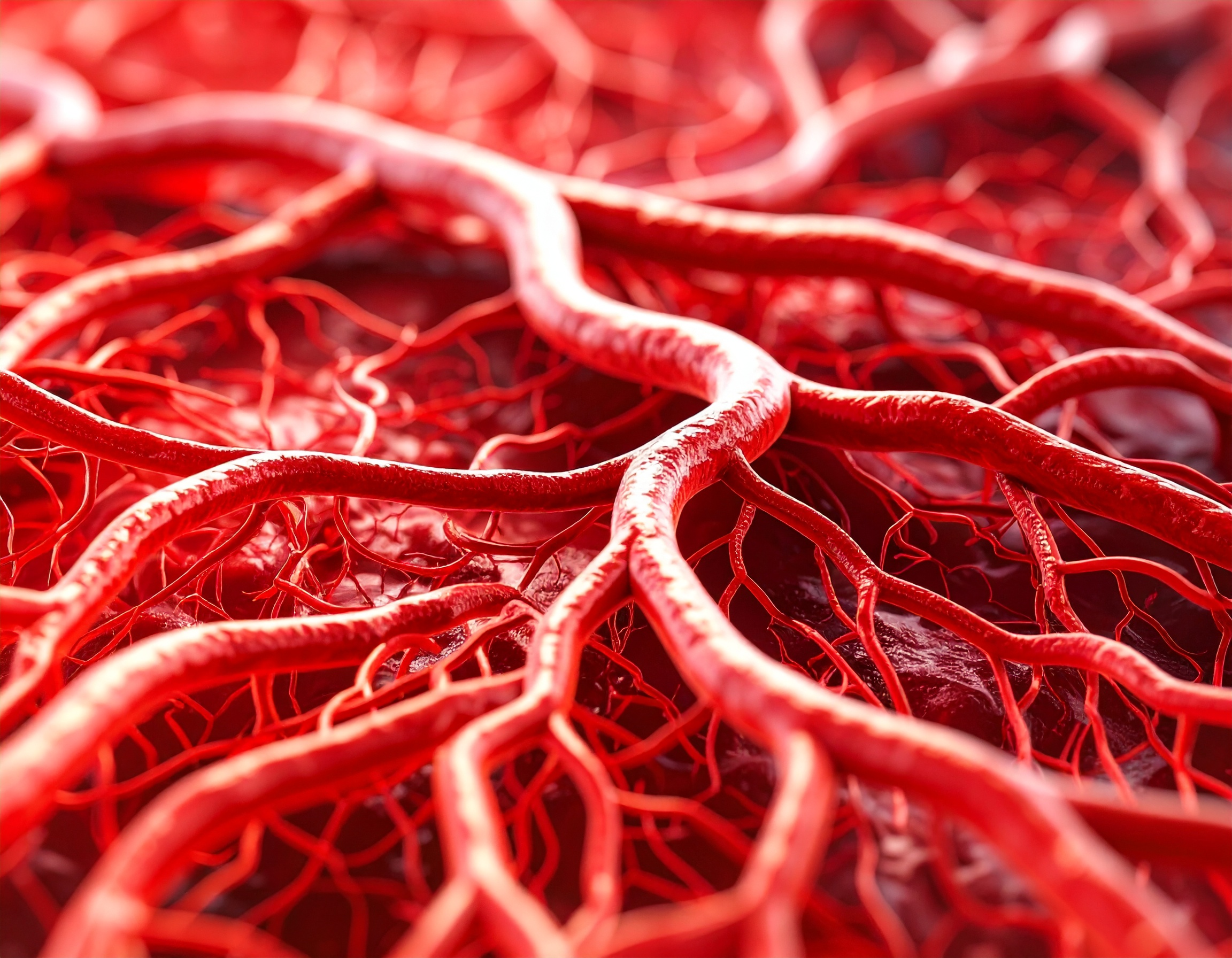
Chronic Symptoms
Often leads to fear of eating
Due to reduced food intake
Diarrhea, nausea, vomiting, constipation
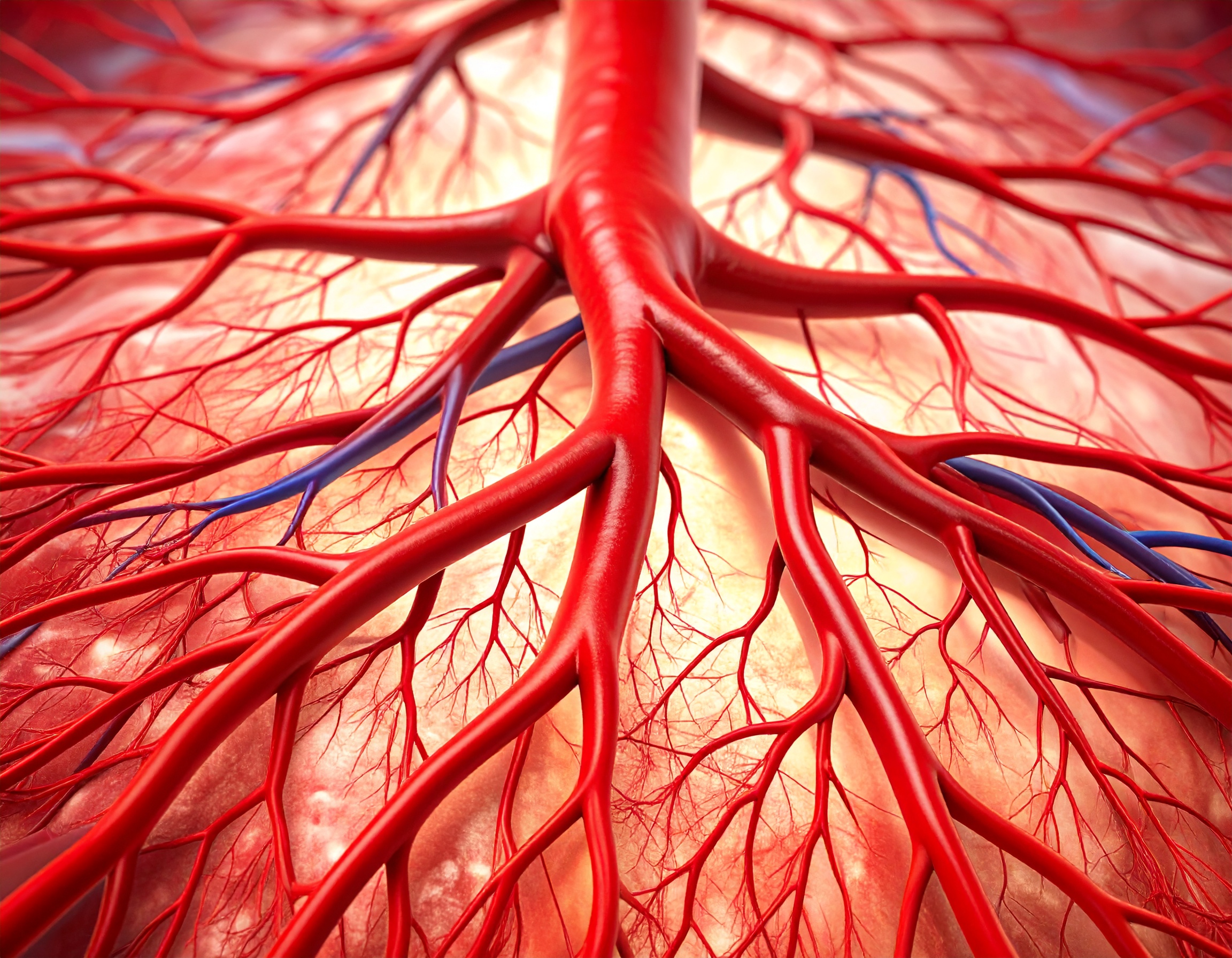
Acute Emergency
Sudden severe abdominal pain requiring immediate medical attention
Investigations
People with mesenteric vascular disease may need investigation with a number of tests including
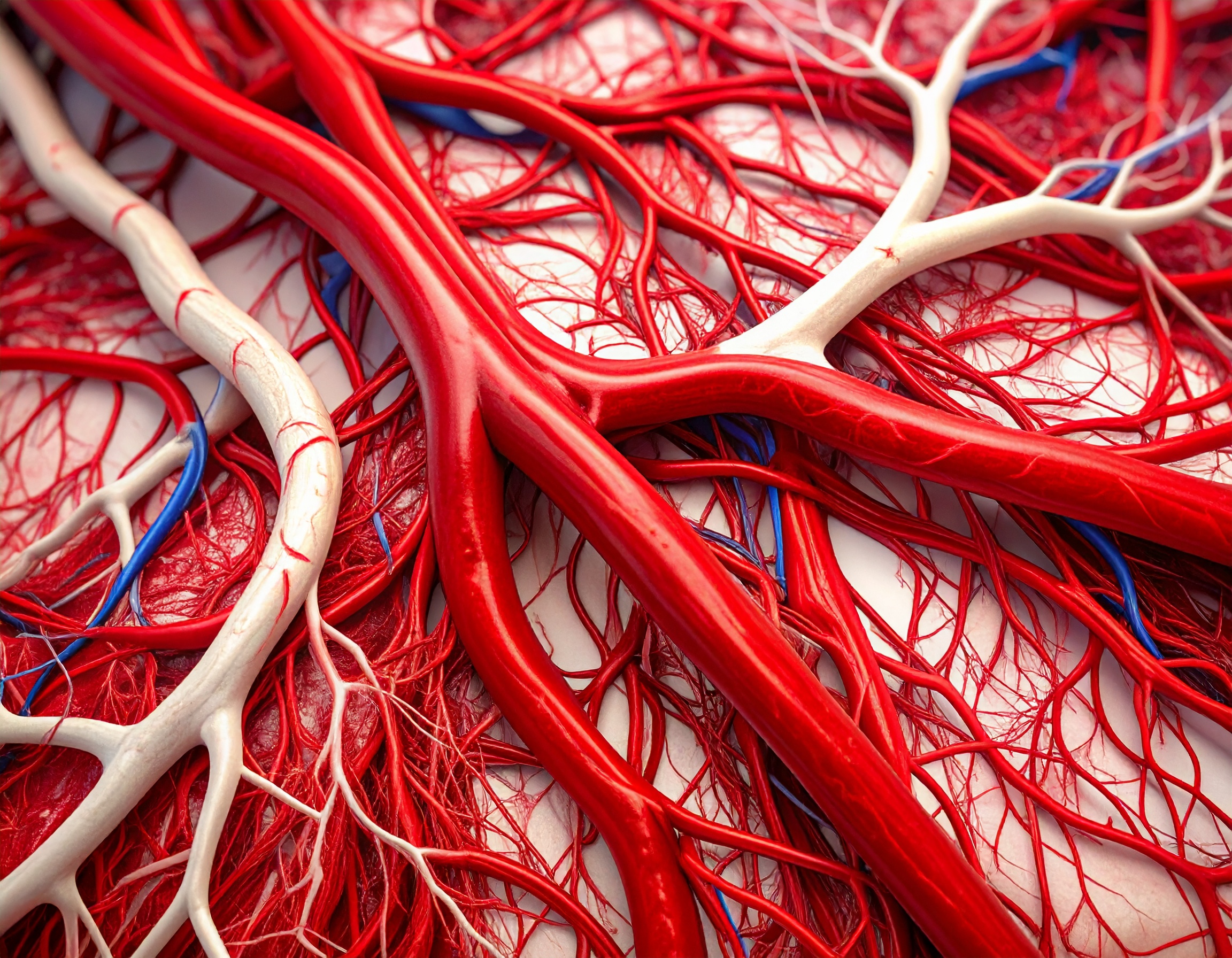
Blood Tests
Laboratory assessment of overall health and risk factors
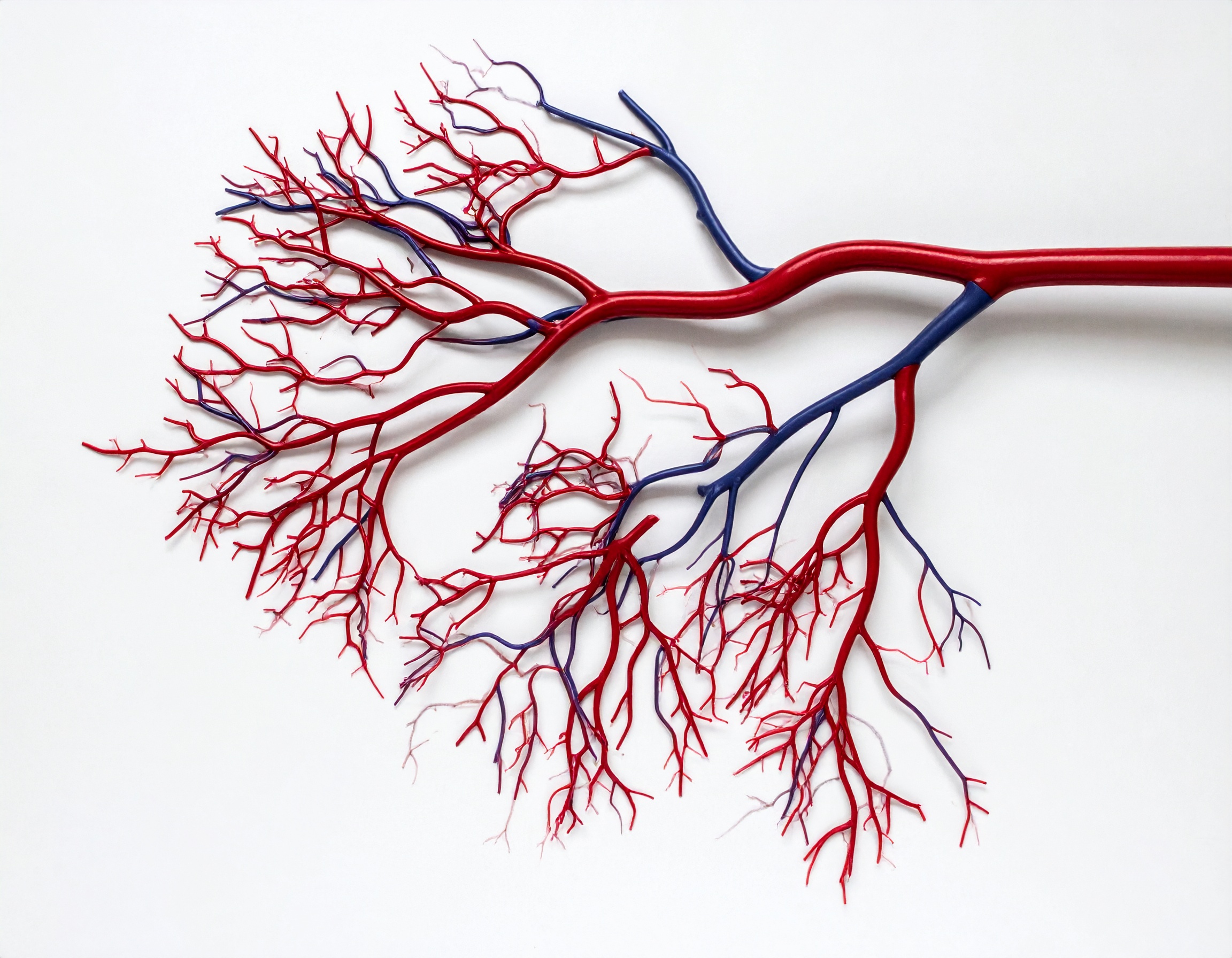
Ultrasounds
Non-invasive imaging of mesenteric blood flow
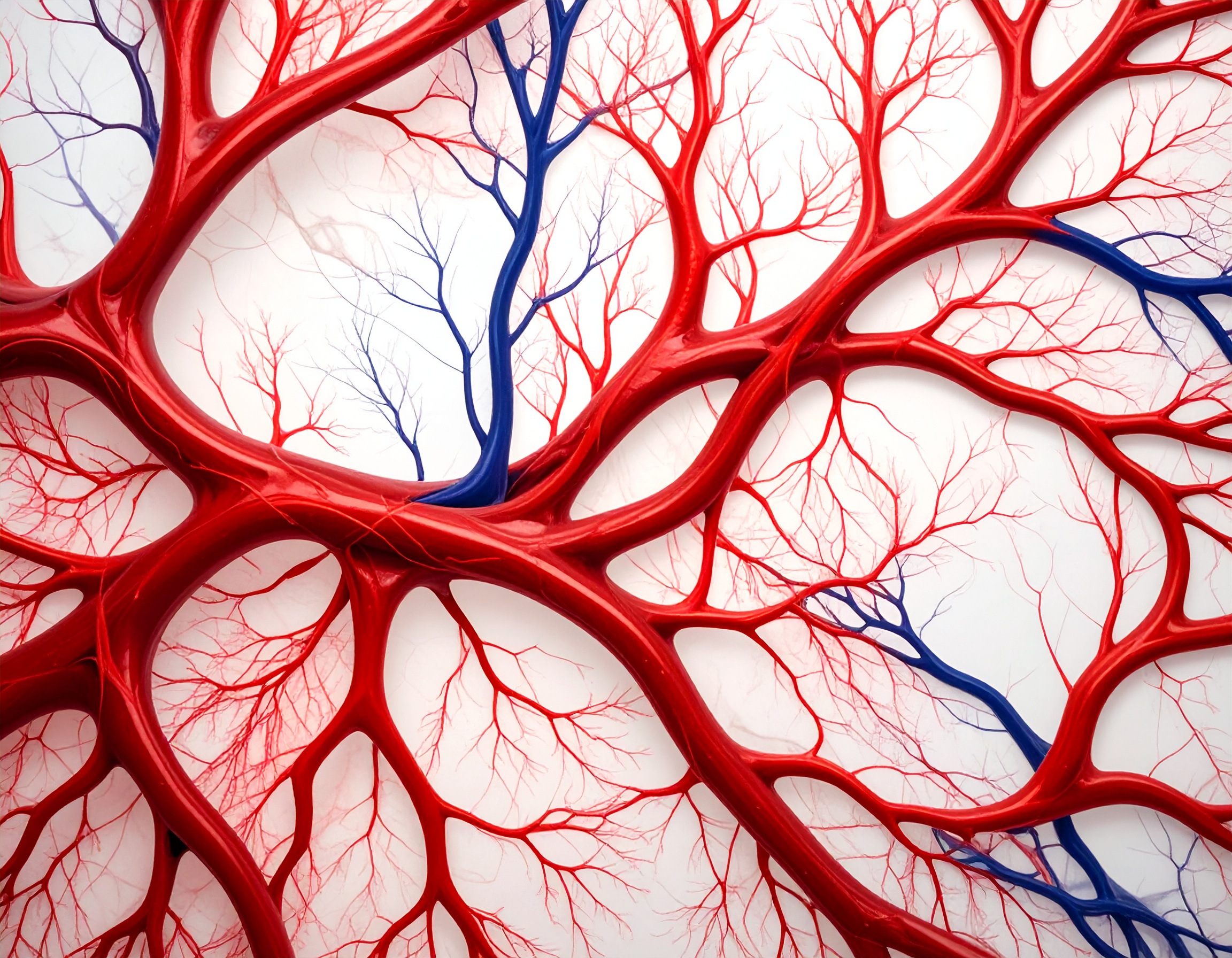
CT Scans
Detailed cross-sectional imaging of abdominal vessels
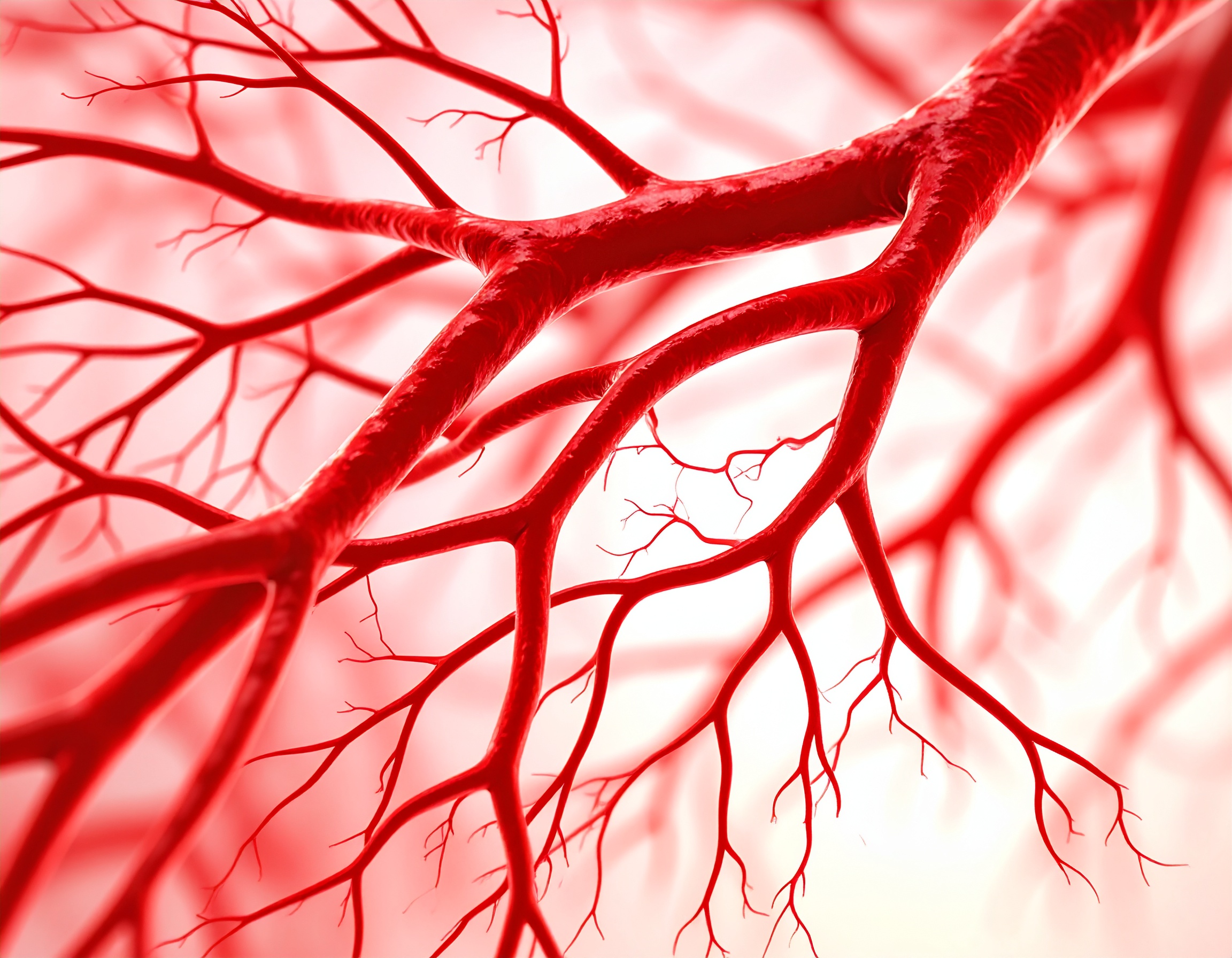
Catheter Angiograms
Gold standard imaging for detailed vessel assessment
Treatment Options
Individualized Treatment Planning
Your surgeon will advise you what treatment is best for your condition. People with acute mesenteric vascular disease usually need an urgent operation to correct the problem.
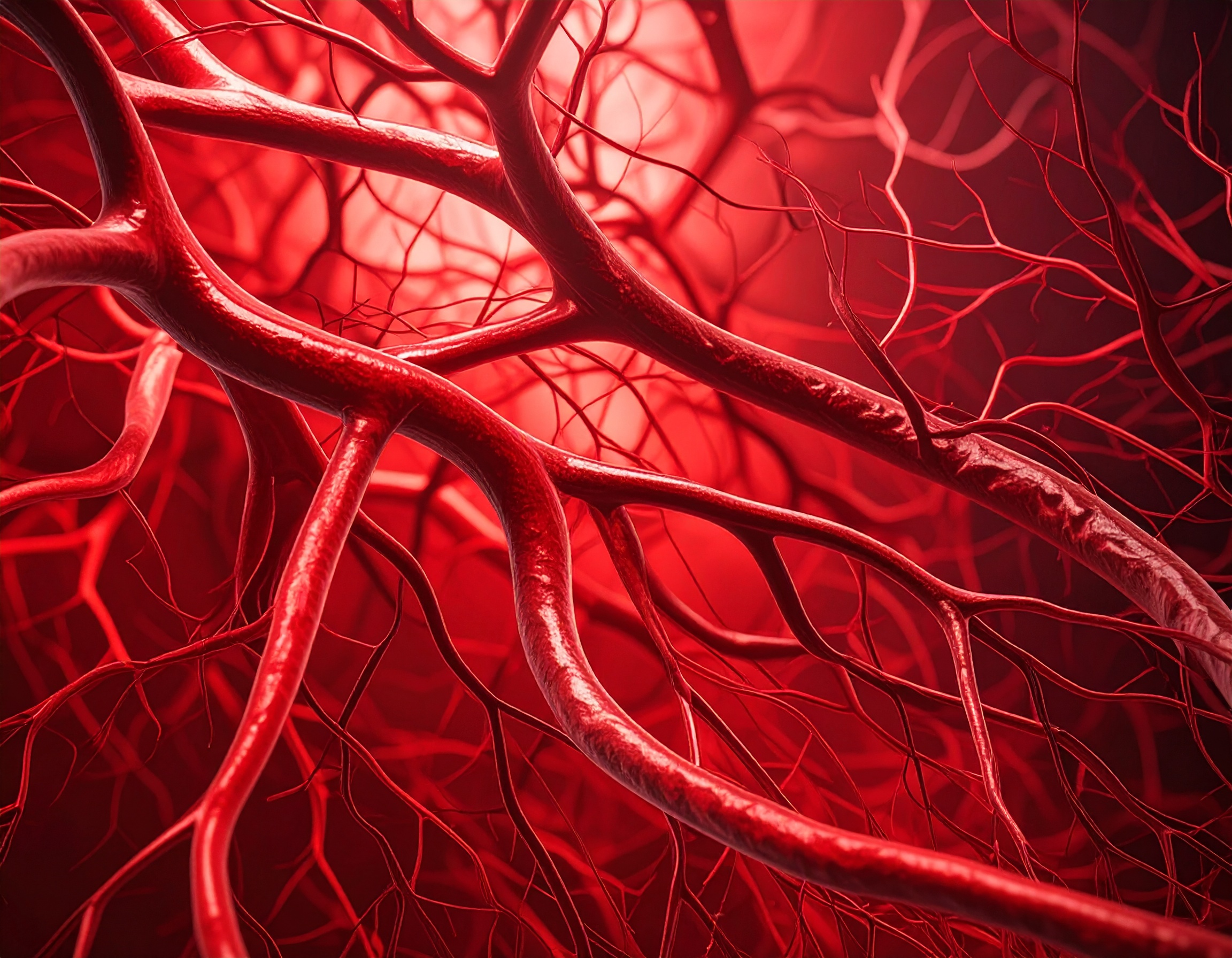
Advanced Mesenteric Care
Multiple treatment options for optimal outcomes
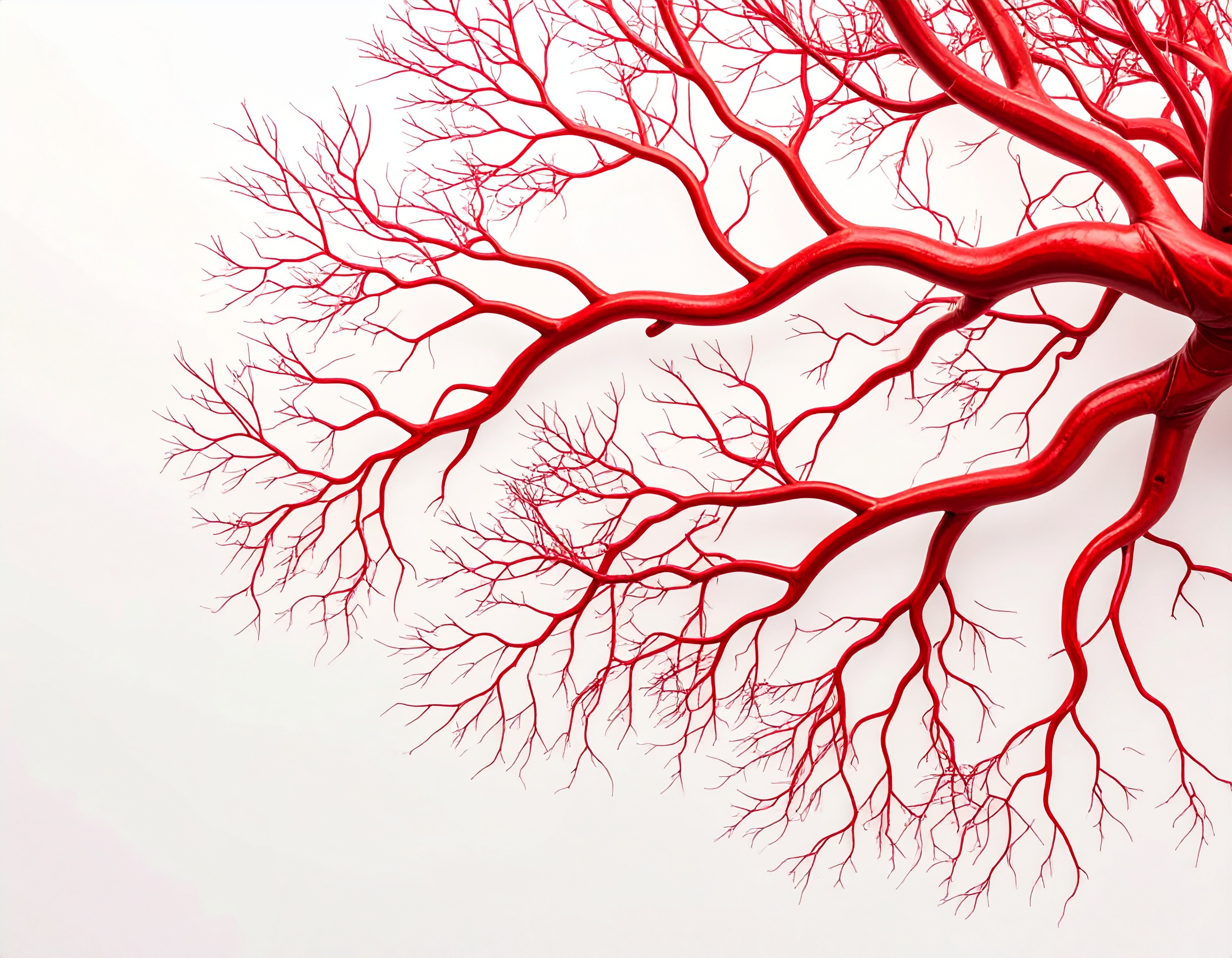
Angioplasty & Stenting
Sometimes the narrowing can be treated with balloons (angioplasty) and stents.

Bypass Surgery
Sometimes the narrowing needs an operation to bypass the narrowing. The bypass operation can be performed with vein or with a plastic tube, depending on the circumstances.
Vein Grafts:
Synthetic Grafts:
Emergency Treatment
People with acute mesenteric vascular disease usually need an urgent operation to correct the problem and restore blood flow to prevent irreversible intestinal damage.
Expert Mesenteric Vascular Care
Dr Lemech provides comprehensive mesenteric vascular disease evaluation and treatment from minimally invasive procedures to complex bypass surgery. Specialized care for both chronic conditions and emergency situations.
